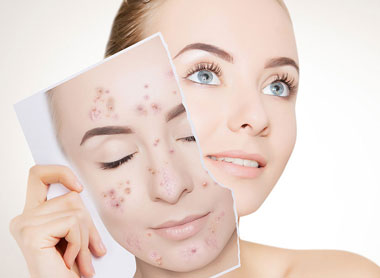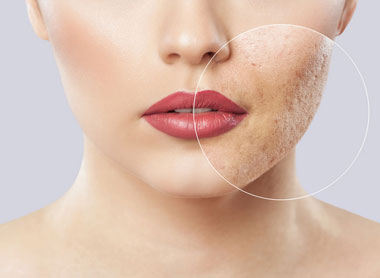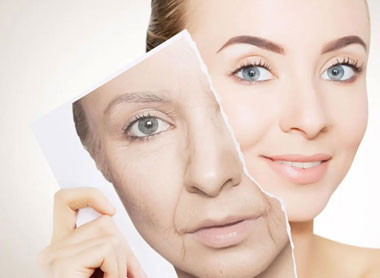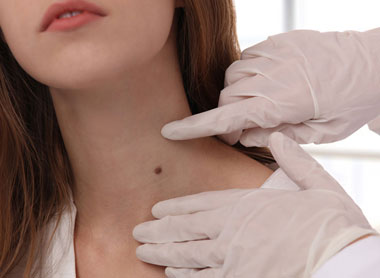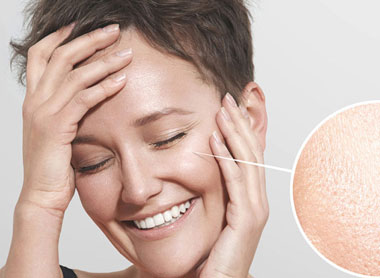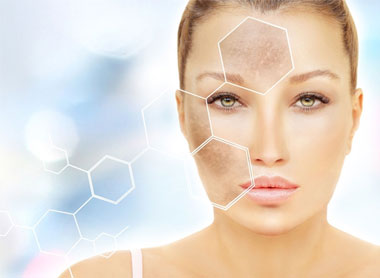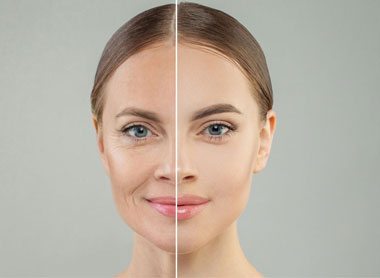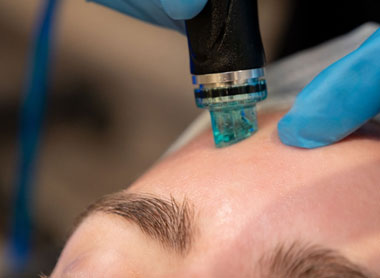- Malad West, Mumbai
- +91-7400188399
- mccmumbaicosmeticcentre@gmail.com
Open Pores Treatment
Open Pores Treatment In Mumbai
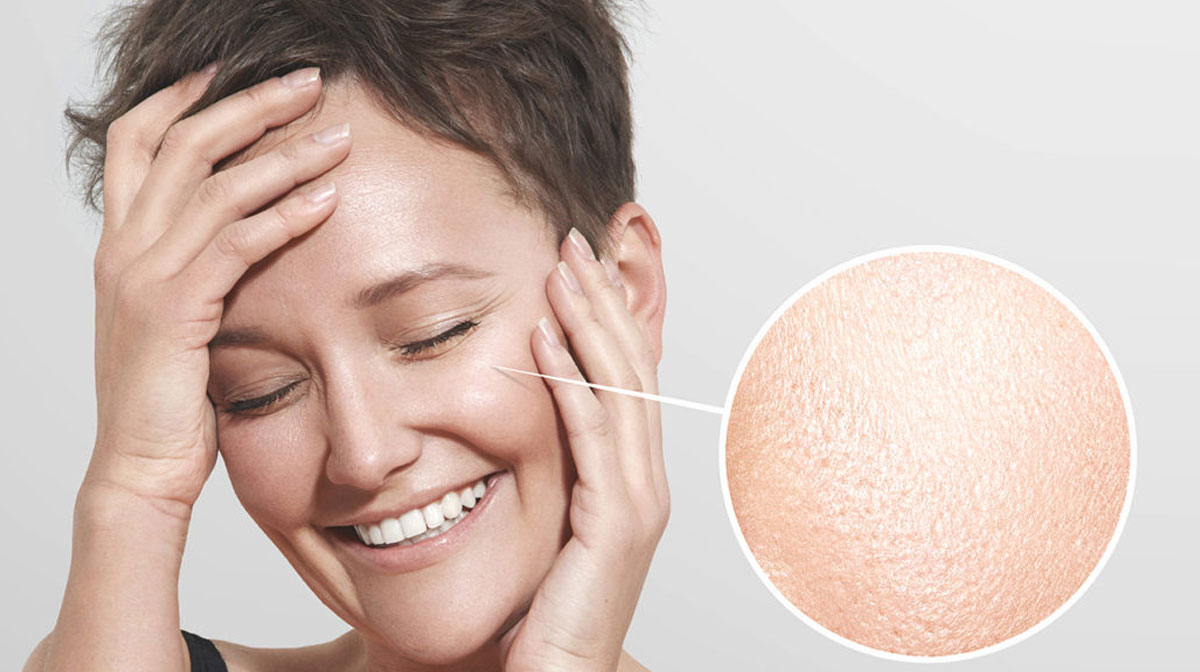
What Are Open Pores?
Open pores, also known as enlarged pores or visible pores, refer to larger-than-normal openings on the skin's surface, typically seen on the face. These pores are more noticeable because they allow more oil and dirt to accumulate, making them appear larger and more prominent.
Mumbai Cosmetic Centre specializes in treatments for open pores in Malad Mumbai, offering expert care to refine and rejuvenate your skin. Book your consultation today!
Types of Open Pores
Open pores can be categorized into two main types based on their causes and characteristics:
1. Functional Open PoresThese pores are temporary and can change in size due to factors like humidity, temperature, and skin hydration levels. They are more common in individuals with oily or combination skin types.
2. Structural Open PoresThese pores are permanent and result from factors such as genetics, aging, and prolonged sun exposure. They are often deeper and more resistant to treatment compared to functional open pores.
Causes of Open Pores
Several factors contribute to the development of open pores:
Genetics:The size and appearance of pores can be genetically determined, with some individuals naturally having larger pores due to their genetic makeup.
Oily Skin:Overproduction of oil can lead to clogged pores and enlarged openings as the oil mixes with dead skin cells and debris, causing congestion.
Aging:As skin ages, it loses elasticity and firmness, leading to sagging and enlarged pores. The reduction in collagen and elastin levels also contributes to this effect.
Sun Damage:Overexposure to sun can damage the skin's collagen and elastin fibers, making pores appear larger and more prominent over time.
Poor Skincare Habits:Using harsh or comedogenic products, not cleansing the skin properly, and neglecting exfoliation can contribute to pore enlargement and congestion.
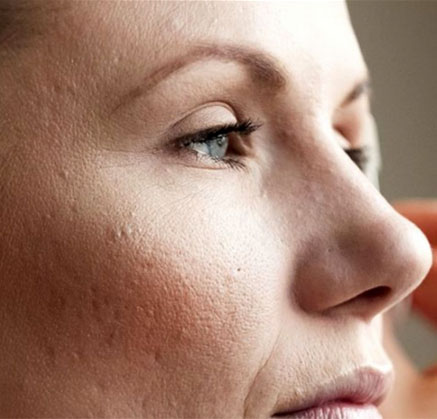

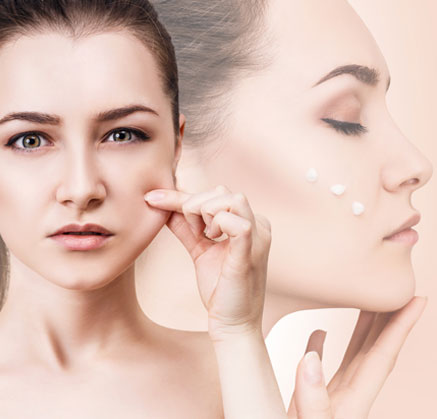
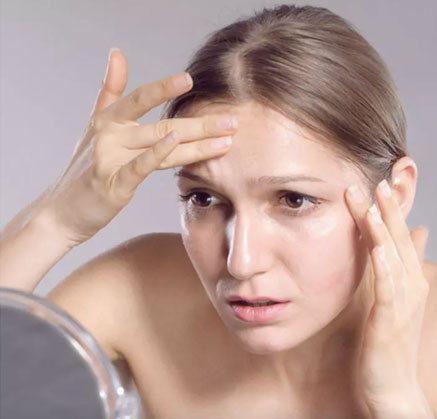
Diagnosis
The diagnosis of open pores is usually straightforward and based on visual inspection by a cosmetologist or skincare professional. They may use magnifying tools or specialized imaging techniques to assess the severity of pore enlargement and determine the underlying causes.
Prevention
Steps that can help reduce the open pores are:
Use Gentle Cleansers:Opt for mild, non-comedogenic cleansers that effectively remove dirt, oil, and makeup without stripping the skin's natural moisture barrier.
Exfoliate Regularly:Exfoliate your skin regularly to remove dead skin cells and prevent pore congestion.
Apply Sunscreen Daily:Use a sunscreen with SPF 30 or higher to protect your skin from UV damage, which can worsen pore enlargement and skin aging.
Maintain a Healthy Lifestyle:Eat a balanced diet, stay hydrated, get enough sleep, and manage stress levels to promote overall skin health and reduce pore visibility.
Top Open Pores Experts in Mumbai
FAQs
1. What causes open pores to appear on the skin?
Open pores can result from a combination of factors such as genetics, oily skin, aging, sun damage, and poor skincare habits. These factors can lead to enlarged pores and make them more noticeable on the skin's surface.
2. How can I determine if I have open pores?
Open pores are typically visible to the naked eye, especially on areas like the face where they are most common. If you notice larger-than-normal pores that appear more prominent, especially in areas with oily or combination skin, you may have open pores.
3. Are there any natural remedies for reducing open pores?
Natural ingredients like aloe vera, witch hazel, green tea extract, and clay masks can help tighten and refine pores temporarily. However, for long-lasting results, it's often recommended to combine natural remedies with professional skincare treatments or products containing effective ingredients.
4. Can open pores be treated effectively?
Yes, several treatments like topical retinoids, chemical peels, microdermabrasion, laser therapy, and microneedling can help minimize the appearance of open pores, improve skin texture, and promote a smoother complexion.
5. Is it possible to completely eliminate open pores?
While it may not be possible to completely eliminate open pores, especially if they are genetically determined or due to aging, effective skincare treatments and preventive measures can significantly reduce their visibility and improve overall skin health.
6. How often should I undergo professional treatments for open pores?
The frequency of professional treatments for open pores depends on factors like the type of treatment, your skin's response, and the recommendations of your cosmetologist or skincare professional.
7. Can open pores lead to acne or other skin issues?
Open pores, especially when combined with excess oil production and poor skincare habits, can contribute to acne and other skin issues like blackheads and whiteheads. Proper skincare, including regular cleansing and exfoliation, can help prevent these issues and minimize pore congestion.



